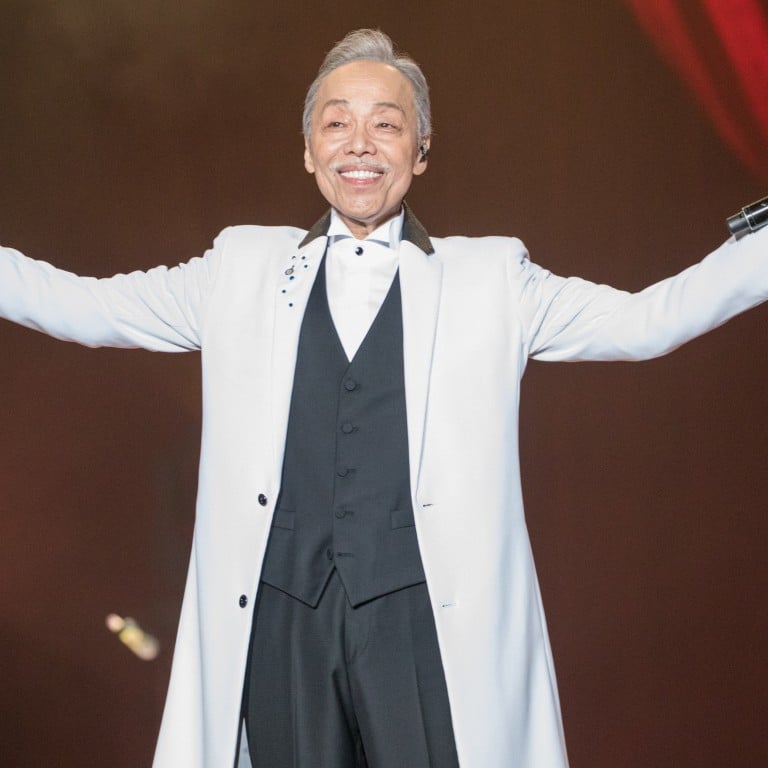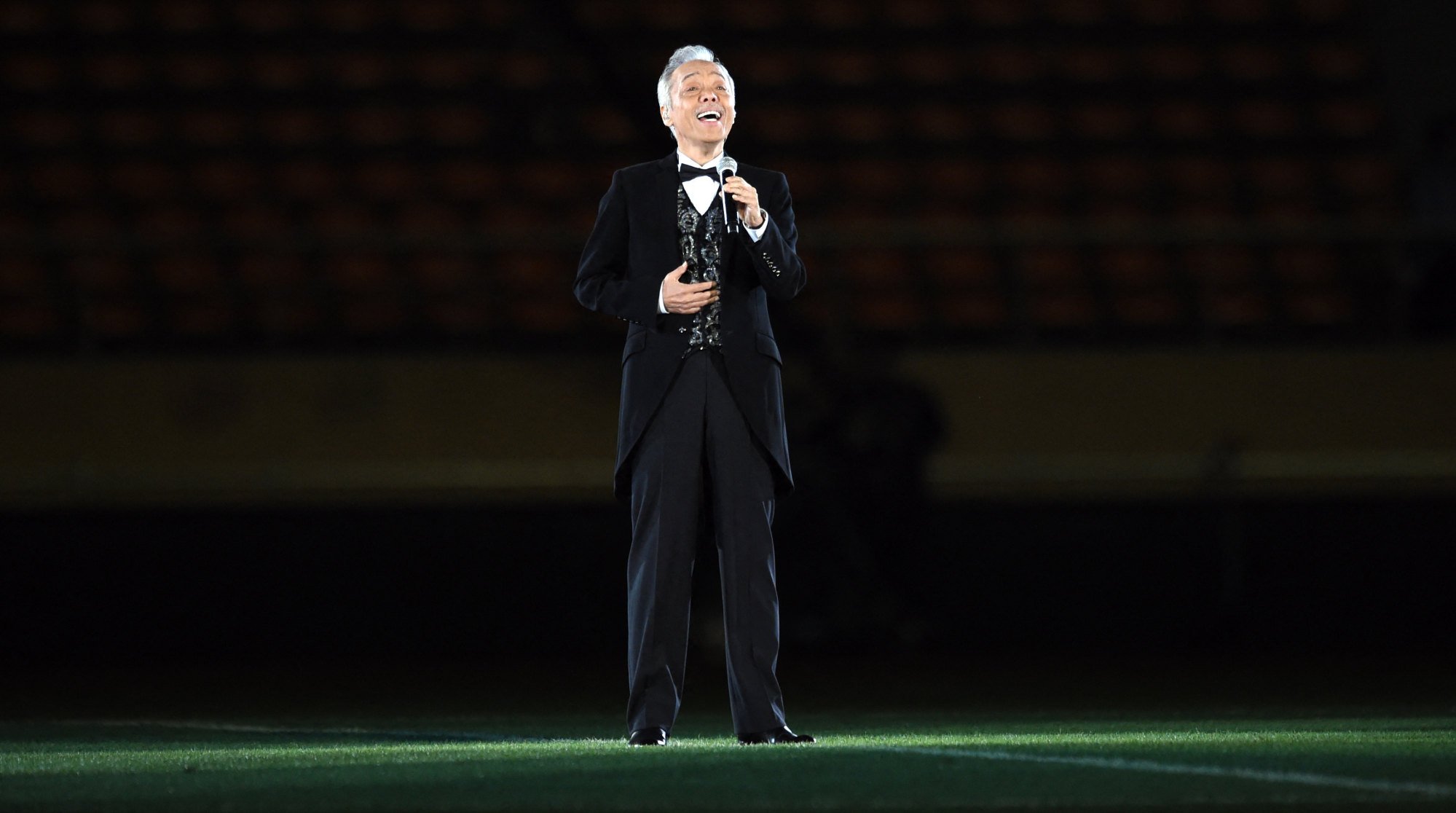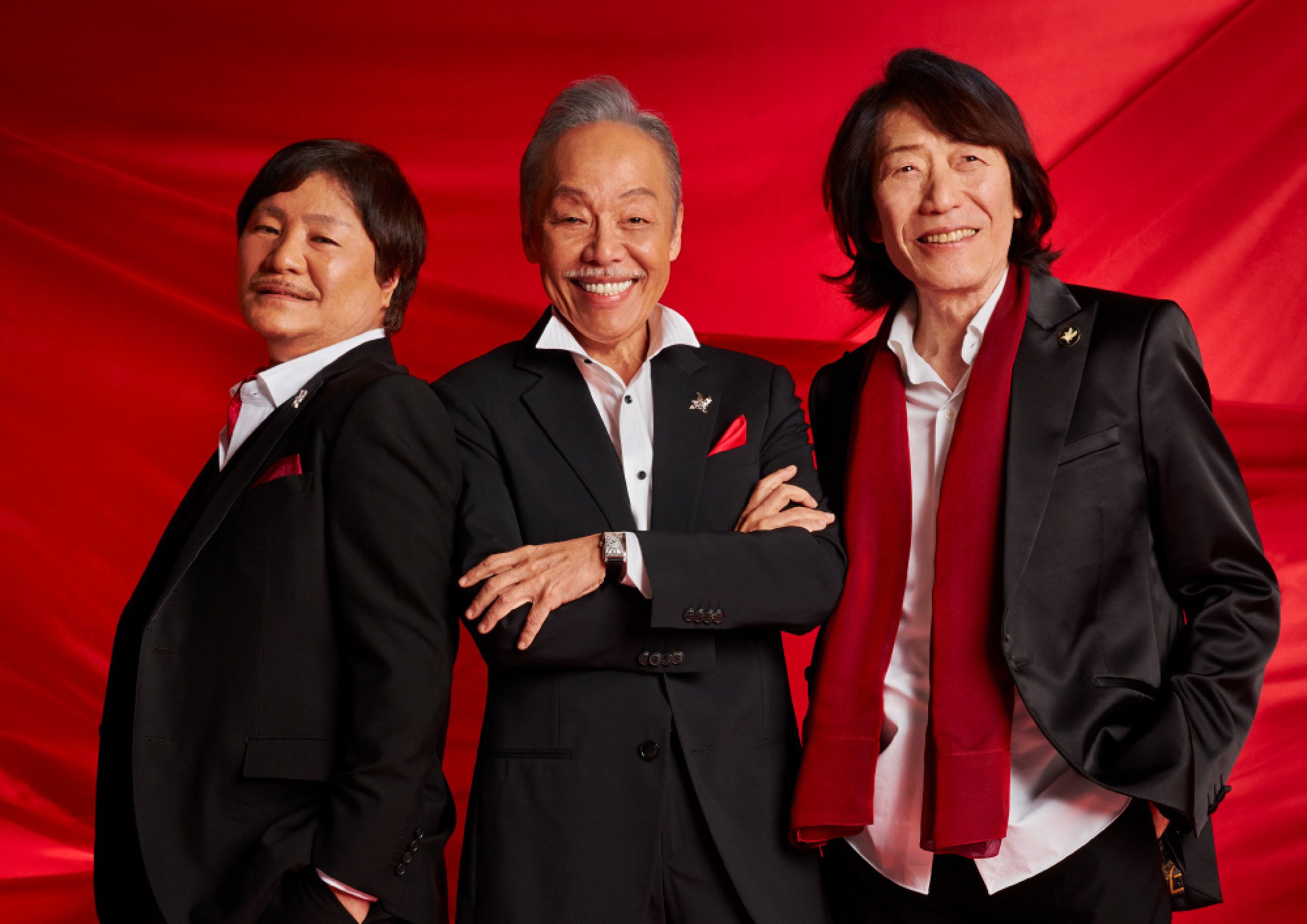
‘So respectable’: fans mourn death of Japanese singer Shinji Tanimura, a major influence on Hong Kong’s 1980s Cantopop scene, who died at 74
- Shinji Tanimura, who died on October 8, became a hit in China with songs like ‘Subaru’, and he performed at the 2010 Shanghai World Expo’s opening ceremony
- The Japanese singer-songwriter was a keen promoter of friendly relations between Japan and China and many of his songs were adapted into Cantonese and Mandarin
Japanese singer-songwriter Shinji Tanimura, known for songs such as “Subaru” (“Star”) that made him a hit in China, died in hospital on October 8. He was 74.
The leader of Japanese three-man folk group Alice, which formed in 1971, had undergone surgery for acute enteritis – inflammation of the small intestine – in March, and was receiving treatment for it at the time of his death.
Aside from the songs he sang as part of Alice, Tanimura was known for his 1980 solo hit “Subaru”, which depicted a person who wishes upon a constellation of stars. He performed the song at the Shanghai World Expo’s opening ceremony in 2010.

Born in 1948 in Osaka, Japan, Tanimura wrote songs for other singers throughout his early career, such as “Iihi Tabidachi” (“Leaving on a Good Day”) for 1970s singer and actress Momoe Yamaguchi. He formed Alice with Takao Horiuchi and Toru Yazawa in 1971.
After Alice went on hiatus in 1981, he began what would become an illustrious solo career, performing over 3,620 solo concerts and writing over 370 songs.
Anita Mui’s greatest hits ranked, as biopic of her life nears release
In 1982, Tanimura was invited by the broadcasting channel TVB as a guest performer at Hong Kong’s first New Talent Singing Awards. This was the same year Cantopop diva Anita Mui won, kick-starting her big break.
In 1981, Alice was invited to perform at a summer pop concert in Beijing that was attended by then-Chinese leader Deng Xiaoping, who promoted the reform and opening-up of China.
Tanimura expressed his fondness of China, saying he felt so nostalgic about the scenery when he first visited the country that he thought he was “probably Chinese in a previous life”.
In 1997, Tanimura performed alongside Jacky Cheung at a concert in Japan where they sang the Japanese and Cantonese versions of the same melody, respectively “Roman Tetsudo” and “Yao Yuan De Ta”.
Banned by Beijing, Teresa Teng’s music was loved across China
The news of Tanimura’s death has been trending on Weibo; Chinese Foreign Ministry spokeswoman Mao Ning has expressed her condolences upon hearing of Tanimura’s death; and many others have taken to their blogs and other social media to express their grief and disbelief.
“My god, I’m shocked! 74 years old is not considered old … what a pity,” one person said on Weibo, a Chinese microblogging platform, adding that Tanimura’s songs were “wonderful” and “Subaru” was a favourite.
“Putting aside the conflicts between China and Japan, this man is so respectable,” another Weibo user posted.

Alice, which became active again in the 2000s after their long hiatus, had planned for a nationwide tour in Japan this year but postponed it because of Tanimura’s poor health. The group had hit songs such as “Champion” and “Fuyuno Inazuma” (“Thunderbolt in Winter”).
Tanimura had also received from the Japanese government a Medal with Purple Ribbon, an honour bestowed on those who have made academic or artistic contributions to society.


